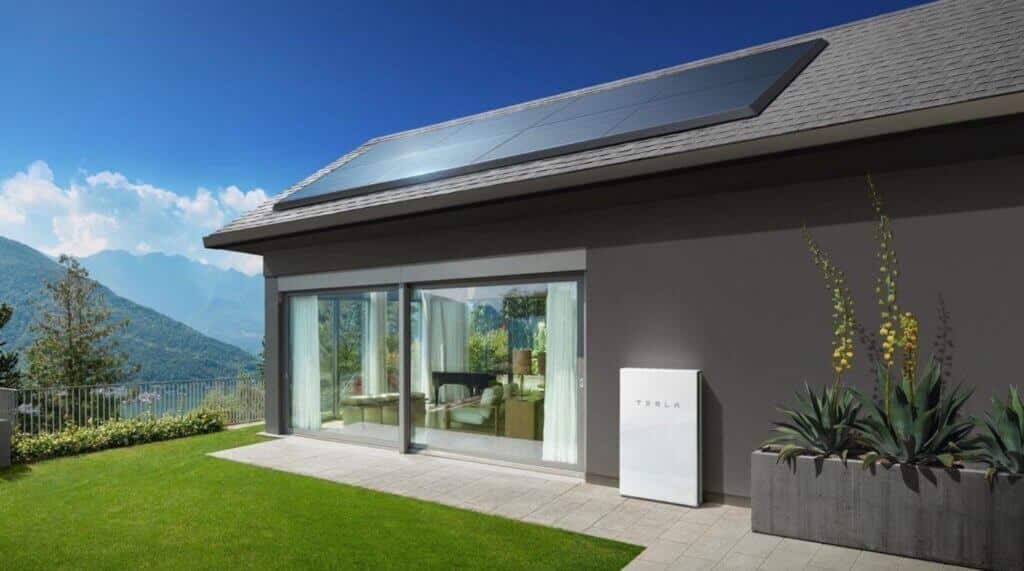In recent years, solar energy has gained significant popularity as a clean and renewable source of power. Homeowners across the United States are harnessing the benefits of solar photovoltaic (PV) systems to reduce their reliance on traditional energy sources and lower their carbon footprint. While solar panels generate electricity during the day, energy storage solutions play a crucial role in maximizing self-sufficiency and utilizing solar power even when the sun isn’t shining. In this article, we will explore the importance of solar energy storage and highlight the different solutions available to homeowners.
1. Understanding Solar Energy Storage
Solar energy storage refers to the process of capturing and storing excess electricity generated by solar panels for later use. It enables homeowners to store the energy produced during the day and consume it during times of high energy demand or when sunlight is limited, such as at night or during cloudy days. By storing surplus energy, solar energy storage systems provide a reliable and uninterrupted power supply, promoting self-sufficiency and reducing dependence on the electrical grid.
2. Benefits of Solar Energy Storage
Investing in solar energy storage solutions offers several significant benefits:
a. Increased Self-Sufficiency
Solar energy storage allows homeowners to rely more on their own generated electricity, reducing their dependence on the electrical grid. By storing excess energy during peak production periods, homeowners can use it during times when solar panels are not actively producing electricity. This increased self-sufficiency leads to greater energy independence and potential cost savings.
b. Energy Resilience
Solar energy storage systems provide a backup power source during grid outages or emergencies. With a reliable energy storage solution in place, homeowners can continue to power essential appliances and maintain basic comfort even when the grid is down. This is particularly valuable in regions prone to natural disasters or power outages.
c. Time-of-Use Optimization
Many utility companies implement time-of-use (TOU) pricing, where electricity costs vary based on the time of day. With solar energy storage, homeowners can strategically use stored energy during peak rate periods, effectively reducing their electricity bills. By optimizing the usage of stored energy during expensive TOU periods, homeowners can save money and maximize their return on investment.
3. Types of Solar Energy Storage Solutions
There are different types of solar energy storage solutions available to homeowners, each with its own advantages and considerations. Here are three popular options:
a. Battery Storage Systems
Battery storage systems, such as lithium-ion batteries, are the most common solution for residential solar energy storage. These batteries are compact, efficient, and capable of storing significant amounts of energy. They can be installed alongside solar PV systems and seamlessly integrate with the existing electrical infrastructure of the home. Battery storage systems provide a reliable and convenient way to store excess solar energy for later use.
b. Solar-Plus-Storage Systems
Solar-plus-storage systems combine solar panels and energy storage in a single integrated solution. These systems are designed to work in harmony, with the solar panels generating electricity during the day and simultaneously charging the storage system. Solar-plus-storage systems are particularly beneficial in areas with high electricity demand during the day and allow homeowners to capitalize on solar energy production while maintaining a backup energy source.
c. Solar Water Heating Systems
Solar water heating systems utilize solar energy to heat water for household use. While not strictly a storage solution for electricity, these systems indirectly contribute to self-sufficiency and energy conservation. By using solar power to heat water, homeowners can reduce their reliance on conventional water heaters, resulting in energy savings and a smaller carbon footprint.
4. Factors to Consider
When considering solar energy storage solutions, homeowners should evaluate the following factors:
a. Energy Storage Capacity
The capacity of the storage system determines the amount of energy that can be stored and used later. Homeowners should assess their energy consumption patterns and choose a storage solution that aligns with their needs. It’s essential to strike a balance between storage capacity, cost, and available physical space.
b. Efficiency and Performance
The efficiency and performance of a storage system impact the overall effectiveness of solar energy utilization. Homeowners should research different products, compare efficiency ratings, and choose storage solutions with proven track records of performance and reliability.
c. Cost and Return on Investment
Solar energy storage systems come with upfront costs, including the purchase and installation of batteries or integrated systems. Homeowners should evaluate the initial investment against the potential long-term savings in electricity bills and the return on investment over the system’s lifespan. It’s advisable to consult with solar energy professionals to assess the financial implications and explore available incentives and tax credits.
5. Conclusion
Solar energy storage solutions play a vital role in maximizing self-sufficiency and optimizing the benefits of solar power. By investing in storage systems, homeowners can reduce their reliance on the electrical grid, enhance energy resilience, and take advantage of time-of-use optimization. Battery storage systems, solar-plus-storage systems, and solar water heating systems offer different options to suit homeowners’ needs and preferences. When considering solar energy storage, it’s crucial to evaluate factors such as energy storage capacity, efficiency, performance, and overall cost. With the right storage solution in place, homeowners can make the most of their solar PV systems and contribute to a sustainable and energy-efficient future.

